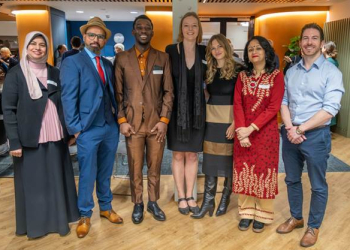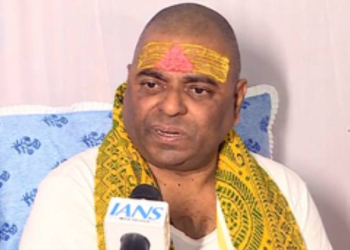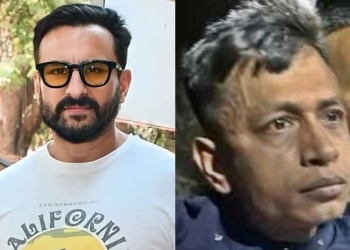New Delhi: The Supreme Court on Monday declined to entertain a plea challenging the Delhi High Court division bench order passed in September last year, temporarily staying the single judge order making promises made by Chief Minister Arvind Kejriwal for payment of rent on behalf of poor tenants enforceable.
A bench of Justices D.Y. Chandrachud and Surya Kant said: “Since the Special Leave Petition is directed against an interlocutory order which has been passed by the Division Bench of the High Court in an appeal against the judgment of the Single Judge, no case for interference under Article 136 of the Constitution has been made out.
“The Special Leave Petition is dismissed on that ground. Pending application, if any, stands disposed of.”
The bench noted there should be a notification to give effect to the assurance, made in a speech or press conference, without which a government cannot be made to implement such assurances. “There has to be some policy, a notification has to be issued… Promissory estoppel will not lie on the basis of some speech,” it said.
In July 2021, a single judge bench of Justice Prathiba Singh said a promise or representation given by the Chief Minister of a state amounts to an enforceable promise, and has to be implemented by the government.
“This court is of the opinion that the promise/assurance/representation given by the CM clearly amounts to an enforceable promise, the implementation of which ought to be considered by the Government. Good governance requires that promises made to citizens, by those who govern, are not broken, without valid and justifiable reasons,” she said.
In March 2020, at a press conference after the lockdown was imposed in the country to contain the spread of Covid-19, Delhi Chief Minister Arvind Kejriwal had said the Delhi government would pay rents on behalf of poor tenants if they are unable to pay.
A division bench comprising Chief Justice D.N. Patel and Justice Jyoti Singh stayed the order passed by Justice Singh. The petitioners, represented by senior advocate Sanjay Parikh, challenged this order in the Supreme Court.
(IANS)



















